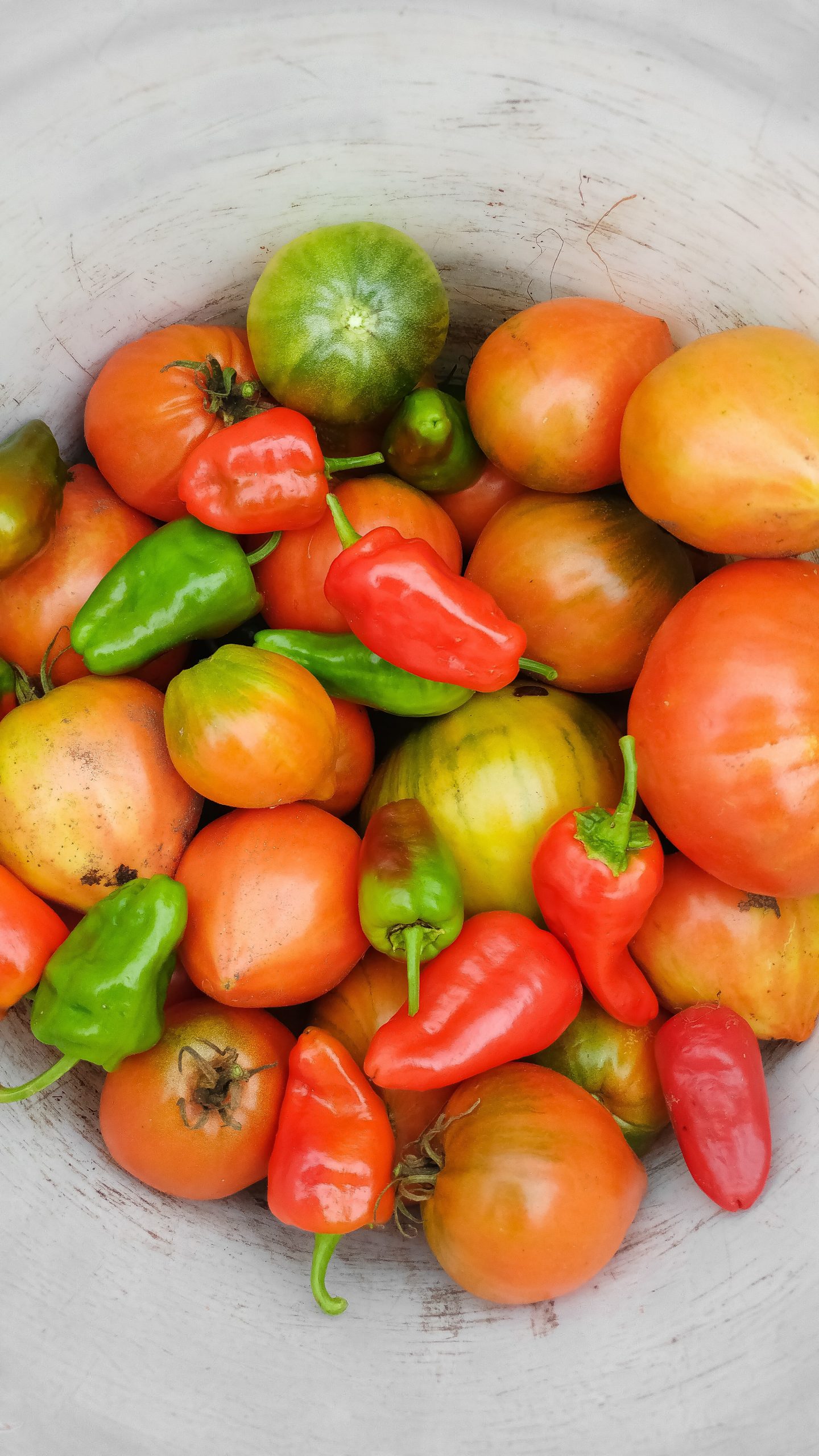We have all been told eating more fruit and veggies is important for health, which many of us take to mean physical health such as reduced risk of cardiovascular disease, cancer and diabetes.
However, the impact eating an adequate amount of fruit and veggies has on mental health is just as important.
In fact, studies have shown a Mediterranean based diet, rich in plant foods, is the best diet for mood, which I have written about previously HERE.
Interesting a new study has put a specific figure on exactly how many grams of fruit and veggies are needed to help reduce stress, something I am sure many of us may find useful!
Specifically, the study by Edith Cowan University (Perth), looked at data from 8,600 Australians aged between 25 and 91, participating in the Australian Diabetes, Obesity and Lifestyle (AusDiab) Study.
The study examined the link between fruit and veggie intake and stress levels.
The results showed, people who ate at least 473 grams of fruit and veggies daily, had 10% lower perceived stress, than those who consumed less than 243 grams.
This association was strongest for those aged 45-65 years, compared to younger and older adults.
It is theorised that the antioxidant compounds and nutrients found in fruit and veggies, help to reduce inflammation and oxidative stress, factors involved in low mood and poor stress handling.
Aside from strengthening the link between a healthy diet and mood, the good news is that 473 grams is a very achievable intake for all of us and aiming beyond this should only result in even better health outcomes.
To give some context to this gram amount, here is the gram weight of common everyday foods:
1 cup rocket leaves: 20g
1 small onion: 50g
½ cup mushrooms: 60g
1 cup kale: 70g
1 medium kiwi fruit: 75g
½ cup blueberries: 75g
1 medium beetroot: 85g
1 small carrot: 100g
1 small whole tomato: 100g
1 small zucchini: 100g
1 medium banana: 110g
1 small avocado: 110g
1 medium apple: 140g
1 medium capsicum: 140g
1 medium potato: 150g
1 bunch broccolini: 165g
1 cup cauliflower: 200g
1 small sweet potato: 370g
While all fruit and veggies are good, there are some super stars to make sure to try to incorporate into your diet such as:
- Berries – all kinds
- Pomegranate
- Sweet potato
- Red cabbage
- Beetroot
- Broccoli
- Cauliflower
- Kale
- Mushrooms
- Capsicum
These are rich in antioxidant compounds, including carotenoids.
To show you just how easy getting over 473g per day is, here is a standard day on a plate:
Breakfast
Smoothie using plant-based milk, 1 medium banana (110g), ½ cup blueberries 75g) and hemp seeds/protein powder.
Total: 185g
Snack
1 medium apple (140g) and handful raw nuts/seeds
Total: 140g
Lunch
Wholegrain wrap with ½ small avocado (55g), ½ cup rocket (10g), 1 small tomato (100g), feta/goat cheese and tin of tuna/salmon.
Total: 165g
Snack
Hummus/dip with 1 small carrot (100g).
Total: 100g
Dinner
Piece of fish served with ½ small roasted sweet potato (185g), ½ bunch broccolini (82.5g) sautéed with 1 cup kale (70g) in olive oil.
Total: 337.5g
Daily total: 927.5g
Simple ways to easily add more fruit/vege to your diet:
- Blend roasted capsicum with garlic and herbs and use as a wrap / sandwich spread
- Start dinner with a small bowl of vegetable soup or try snacking on soups
- Add frozen zucchini to smoothies for creaminess
- Turn leftover roasted vege into a frittata and cut into pieces for snacks
- Try adding berries, orange or pineapple to salads or turn into a salsa to serve with fish
- Roasted a punnet of tomatoes and blend with herbs as a simple sauce
- When baking add carrot, zucchini and beetroot to baked goods
- Use mushrooms instead of meat in curries, stir-frys and pasta
- Try zucchini noodles in replace of wheat based noodles
- Serve fruit salad or fruit compote for dessert instead of ice-cream or biscuits
